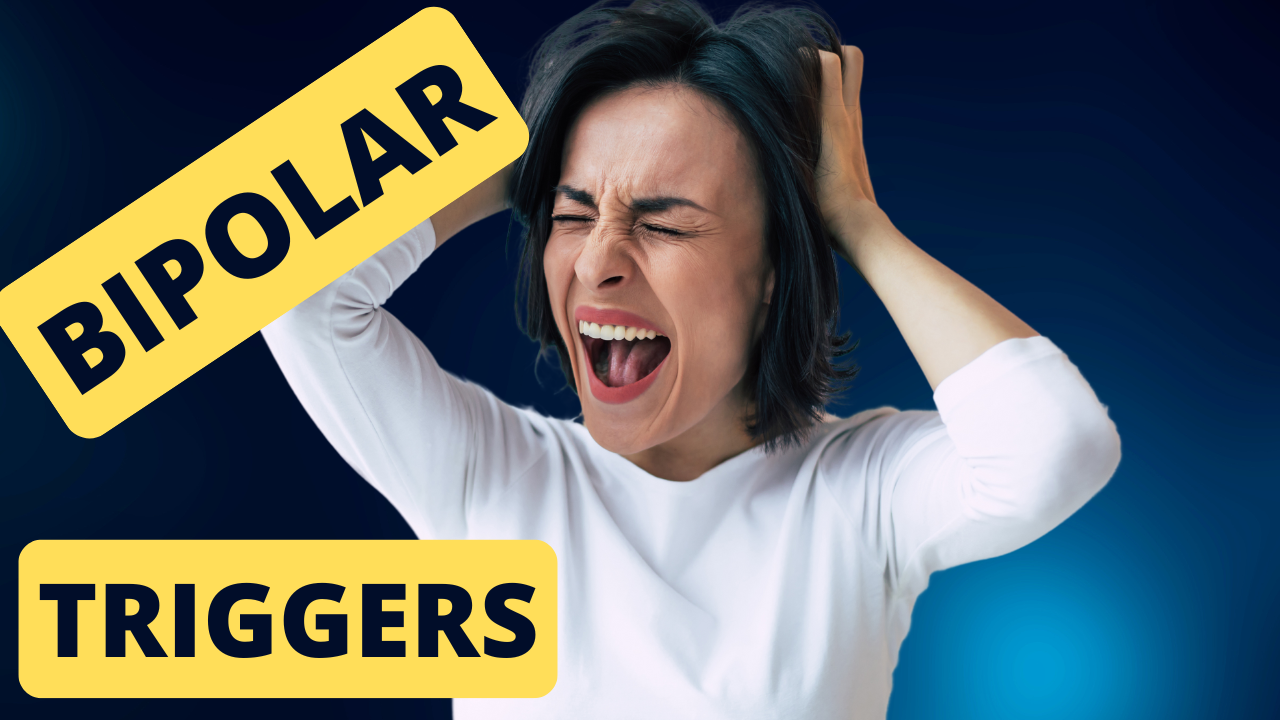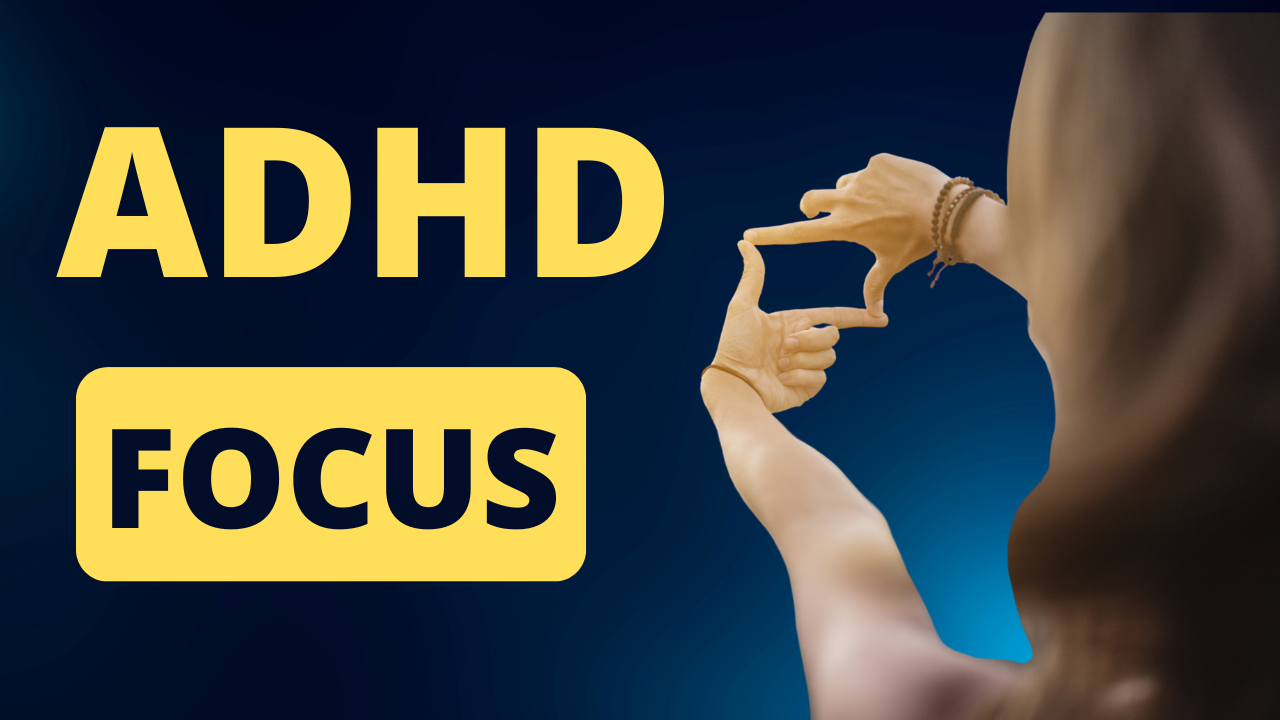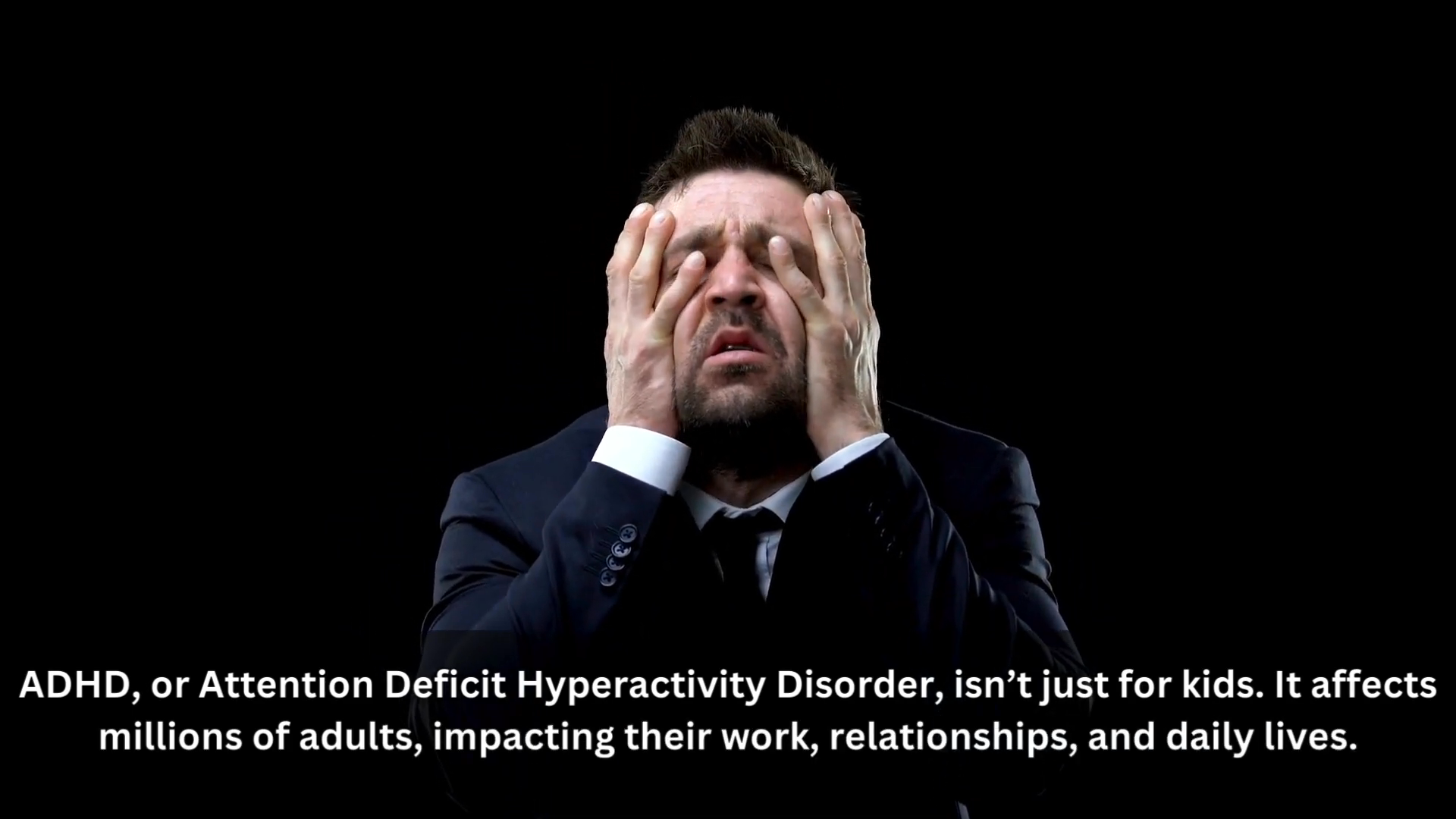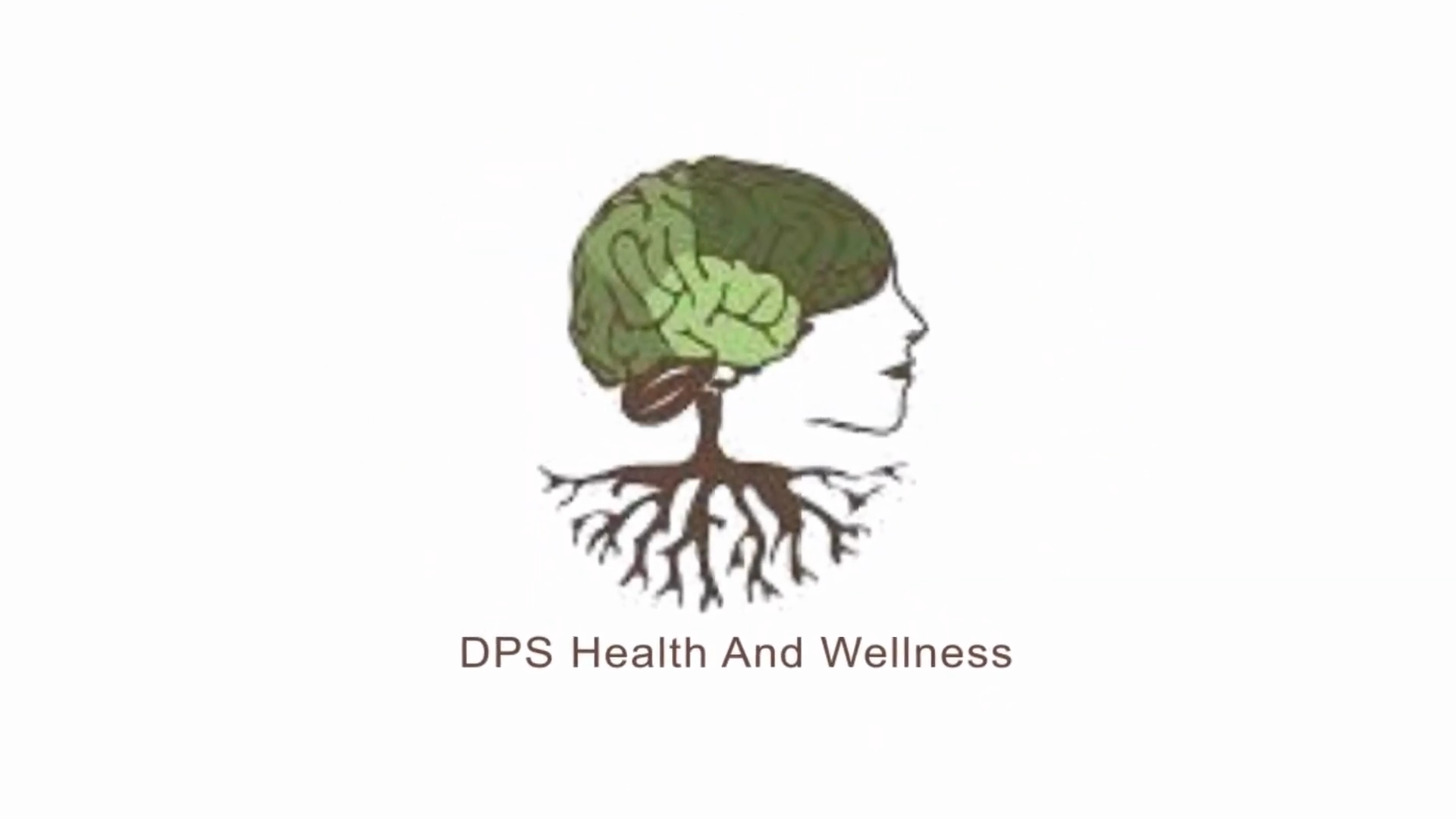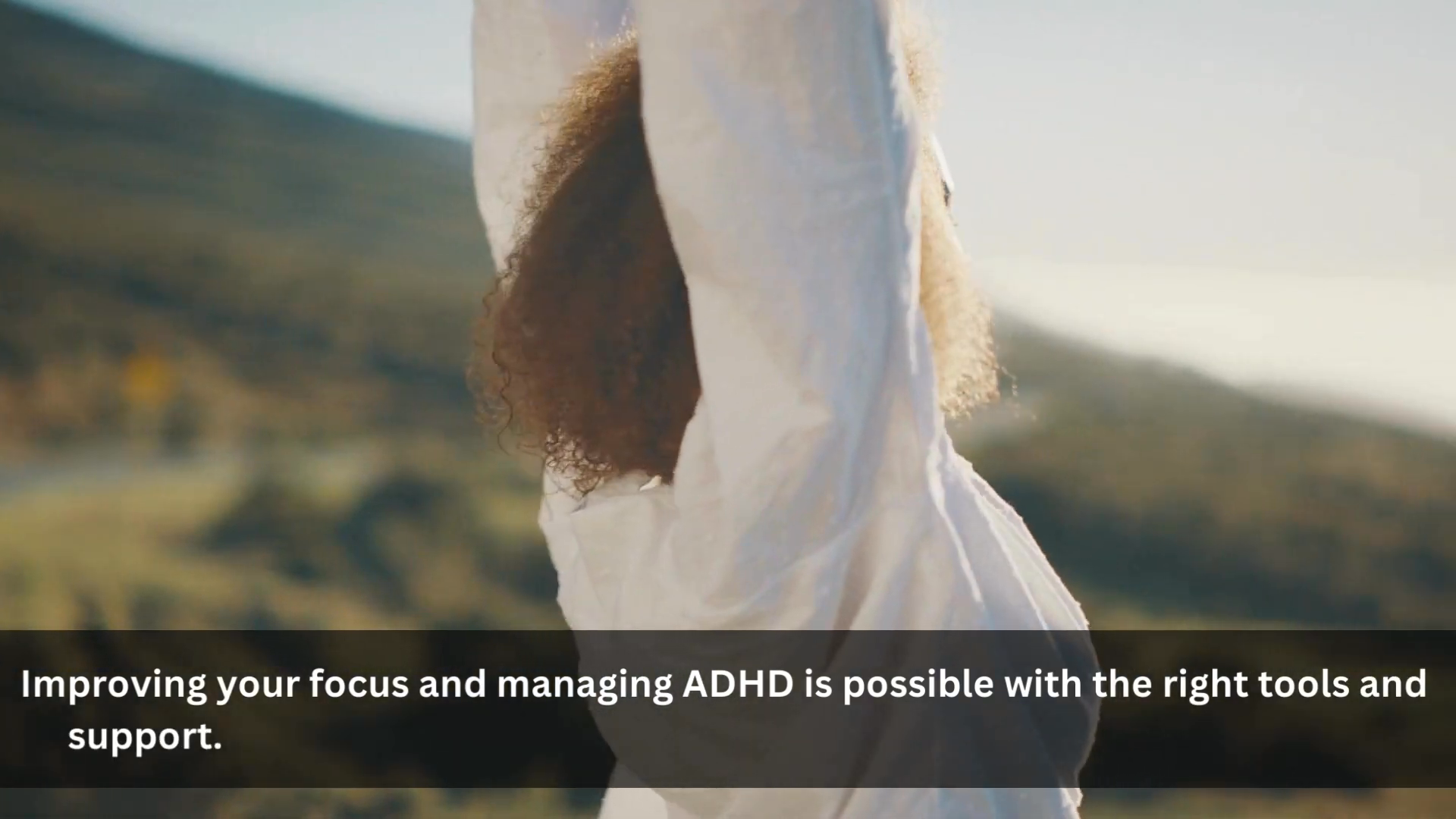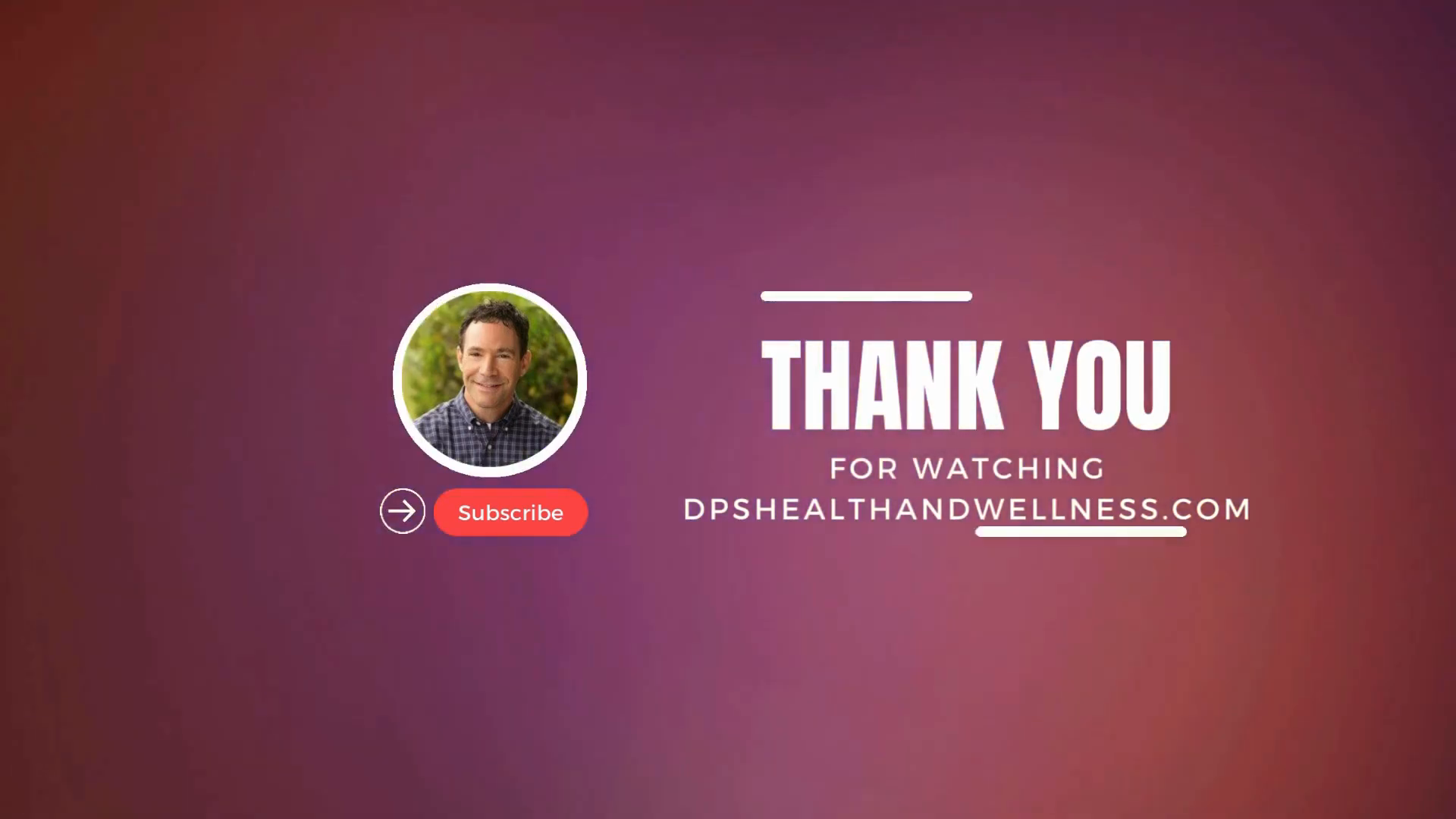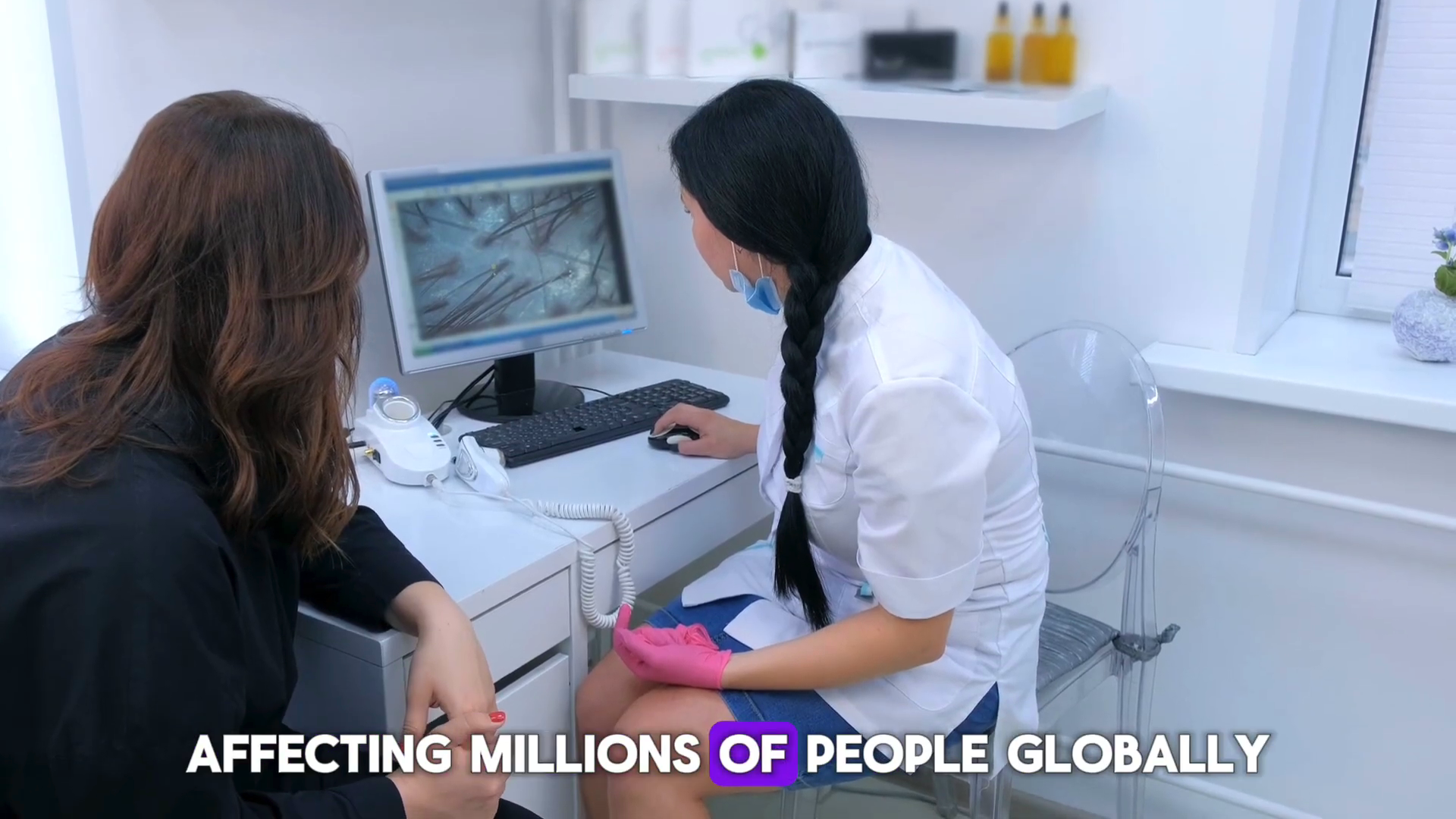
Bipolar disorder is one of the most challenging mental health conditions, affecting millions of people globally. The ups and downs of mood swings can be devastating, but understanding the causes of these episodes can provide much-needed insights and support for those grappling with this condition. In this blog post, we will dive into the three main triggers of bipolar disorder, giving you insights that could help someone you love. By the end, you’ll have a deeper understanding of what influences these mood changes.
1. Stress
The Impact of Stress on Bipolar Disorder

Whether it’s a demanding job, relationship issues, or financial struggles, stress can throw someone with bipolar disorder into a manic or depressive episode. Research shows that high levels of stress can worsen symptoms, making it crucial for individuals to learn stress management techniques.
“High levels of stress can act like a ticking time bomb for people with bipolar disorder.”

Managing Stress
Here are some effective stress management techniques that can help:
- Mindfulness Meditation: Regular practice can help reduce overall stress levels.
- Exercise: Regular physical activity releases endorphins which help improve mood.
- Time Management: Prioritizing tasks can reduce the feeling of being overwhelmed.
- Support System: Leaning on friends and family for emotional support can be invaluable.
2. Sleep Disturbances
The Importance of Regular Sleep Patterns
Another significant trigger is sleep disturbances. Studies have shown that irregular sleep patterns, such as insomnia or even too much sleep, can lead to mood swings. Sleep deprivation can ignite manic episodes, while oversleeping may push someone into depression.
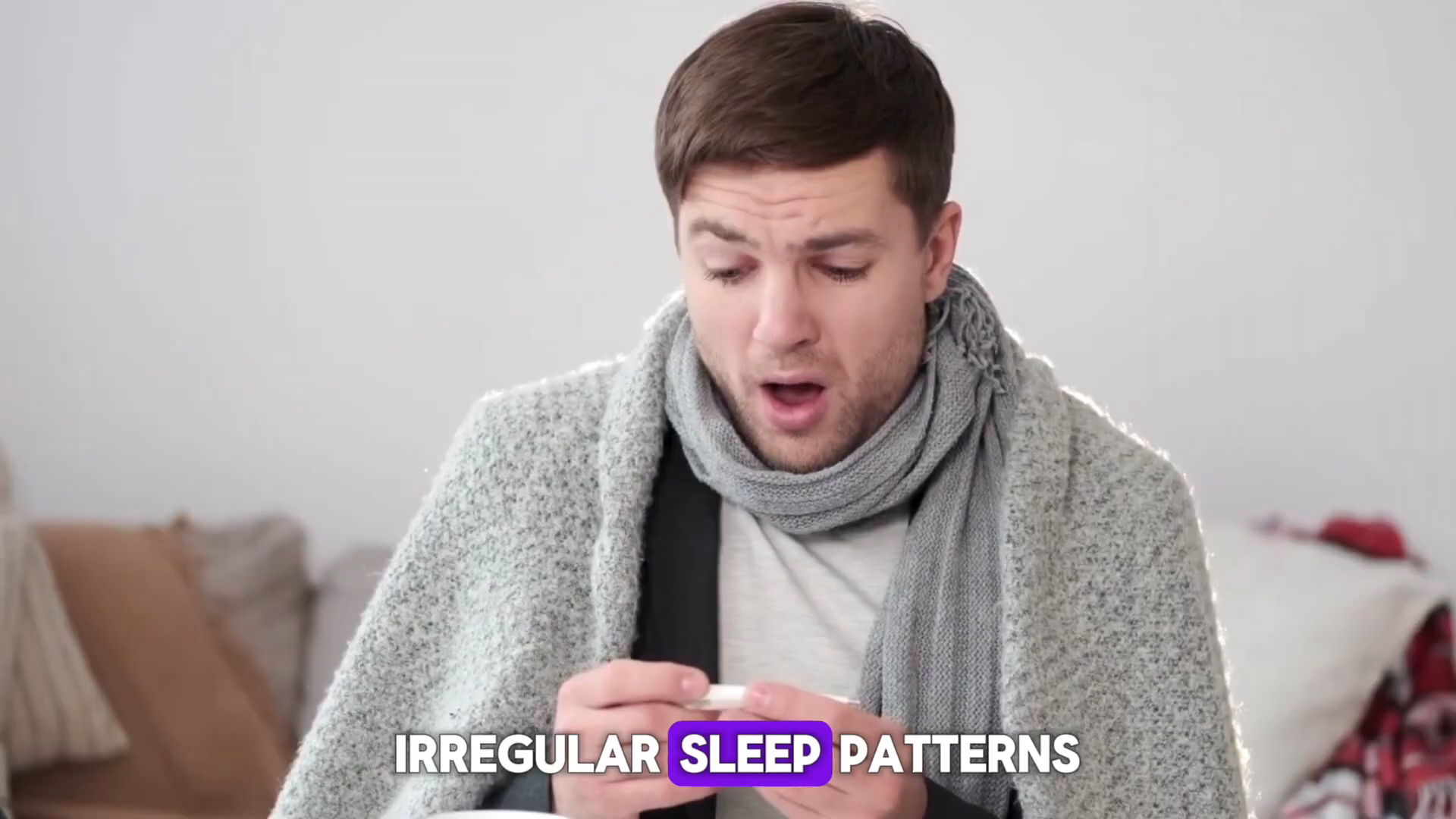
Tips for Maintaining a Regular Sleep Schedule
- Consistent Bedtime: Go to bed and wake up at the same time every day.
- Sleep Environment: Keep your bedroom dark, cool, and quiet.
- Avoid Stimulants: Limit caffeine and heavy meals before bedtime.
- Relaxation Techniques: Practices like reading or listening to calm music can promote better sleep.
Maintaining a regular sleep schedule is not just good for overall health but essential for stabilizing mood in bipolar individuals.
3. Substance Abuse
The Dangers of Substance Abuse
Often overlooked but extremely dangerous, alcohol, drugs, and even certain prescription medications can trigger manic or depressive episodes. These substances interfere with the brain’s natural chemistry, leading to unpredictable mood swings.
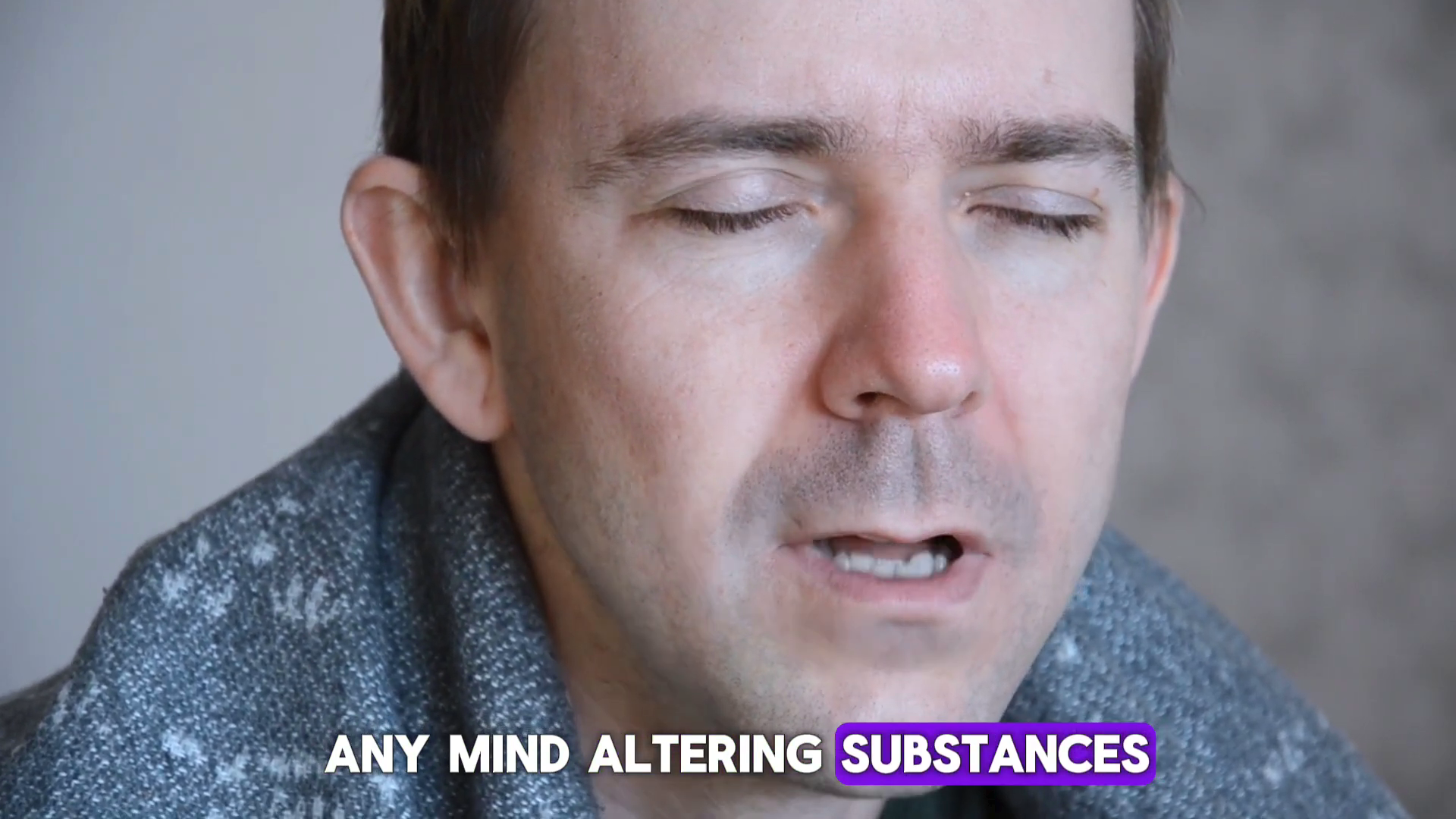
Being Cautious
Those with bipolar disorder need to be cautious about their use of any mind-altering substances. A few tips to consider include:
- Avoid Alcohol and Drugs: Staying away from these substances can prevent unpredictable mood swings.
- Medication Management: Work closely with a healthcare provider to monitor any prescription medications.
- Healthy Coping Mechanisms: Find healthier ways to cope with stress and emotions, such as exercise or talking to a therapist.
The Role of Genetics
While you can’t control your genetics, being aware of them can help in seeking early treatment and managing symptoms before they escalate. If a close family member has bipolar disorder, the chances of developing the condition are higher.
Early Treatment
“Being aware of your genetic predisposition can help in seeking early treatment and managing symptoms before they escalate.”
Hormonal Changes
Hormonal changes can also contribute to triggering episodes, especially in women. Events such as pregnancy, childbirth, or menopause may increase the risk of mood shifts during these periods.
Working with Healthcare Providers
It’s critical to work closely with a healthcare provider to monitor and adjust treatment plans as necessary during these hormonal changes.
Traumatic Life Events
Traumatic life events, like losing a loved one or experiencing physical or emotional abuse, can also trigger bipolar episodes. These experiences often leave emotional scars that can destabilize mood, especially in those already prone to mental health challenges.
The Importance of Support Systems
Support systems and therapy are vital in managing the impact of such events.

Conclusion
Understanding the triggers of bipolar disorder is crucial for managing and reducing the frequency of episodes. By recognizing and addressing stress, sleep disturbances, and substance abuse, and being aware of genetic, hormonal, and traumatic factors, those affected by bipolar disorder can lead more stable and fulfilling lives. For more insightful content like this, make sure to like, share, comment, and subscribe to our channel.

For additional support and professional help, don’t hesitate to contact DPS health and wellness at 912-662-6501 or visit www.dpshealthandwellness.com

